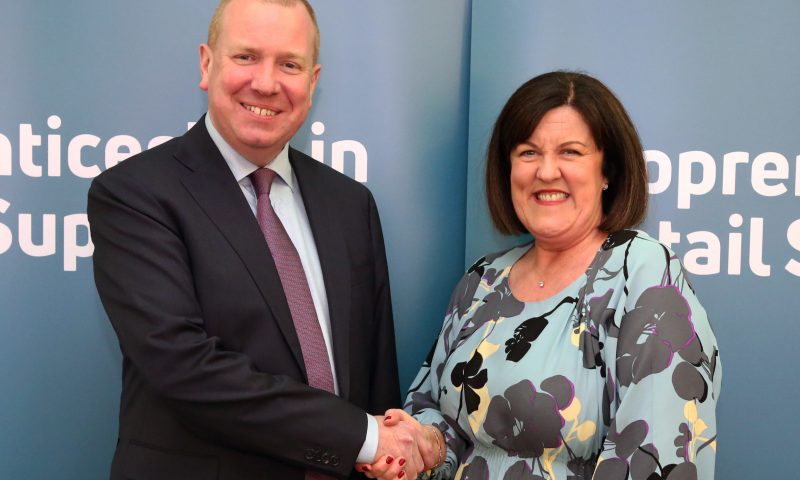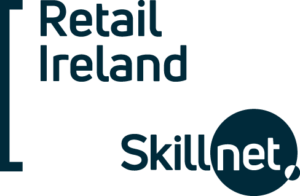News and Insights
The Hidden Costs of Employee Turnover in Retail: A Deep Dive
- March 11, 2024

In the fast-paced world of retail, employee turnover is a fact of life. However, the departure of an employee extends beyond just an empty spot on the scheduling board. The ripple effects impact sale, team dynamics, customer service, and long-term strategic goals. This blog post explores the multifaceted cost of employee turnover in retail, shedding light on the often-underestimated loss of knowledge and the journey to rebuild it.
Costs Associated with an Employee Leaving
Direct Costs
- Recruiting Expenses – Time required to advertise, interview, and screen candidates require significant investments of time and resources. Often taking key people like the Supervisor or Manager away key tasks.
- Training Costs – Onboarding new employees is costly, they need to be brought up to speed, not just on basic job functions but also on company-specific practices, software, and service standards.
- Administrative Costs – Paperwork, setting up payroll, and other HR functions add to the direct costs.
Indirect Costs
The less visible but even more impactful cost for business stems from:
- Organisational Knowledge Loss – Departing employees take with them invaluable experience and understanding of the company’s processes, customer base, and the nuanced dynamics of the retail environment they operated in. The tacit knowledge which is defined by the lived knowledge of a job, skills, ideas, and experiences, that employees take with them, is almost impossible to transfer or define.
- Productivity Dip – It takes time for new employees to reach the productivity levels of their predecessors. During this period, overall team output can decline.
- Impact on Team Morale – High turnover rates can lead to decreased morale among remaining employees, who may feel overburdened or uncertain about their own job security.
The Cost of Knowledge Loss
One of the most significant yet intangible losses is the departure of tacit knowledge. Employees who have spent years with the company accumulate insights that can’t be easily replaced. This includes understanding customer preferences, organisational processes, effective sales techniques specific to your products, and the intricacies of your supply chain. The loss of this knowledge can lead to a decrease in customer service quality and potentially lost sales.
Moreover, long-term employees often hold informal leadership roles, providing guidance and support to newer team members. Their departure can leave a gap in mentorship and team cohesion.
Rebuilding Knowledge: A Time-Intensive Process
The journey to replace lost knowledge in a business is not swift. New hires, regardless of their previous experience, need time to adapt to the specific demands and culture of your retail business. This period can vary significantly but often spans several months to a year, depending on the complexity of the role and the speed at which the new employee learns.
During this time, businesses must invest in comprehensive training programmes and mentorship opportunities to accelerate knowledge acquisition. However, some nuances and insights can only be gained through experience, meaning the full replacement of lost knowledge might take even longer.
Mitigating the Impact
While turnover is inevitable, there are strategies to mitigate its impact:
- Invest in Employee Training – Investing in employee training is a strategic move that can yield significant benefits for both the employees and the retail business. Providing employees, a pathway for career development and growth is essential to build a loyal, motivated, and a skilled team.
- Invest in Employee Engagement – Engaged employees are more likely to stay in your business. Providing growth opportunities, recognising achievements, and fostering a positive work environment can reduce turnover rates.
- Develop Knowledge Sharing Practices – Implementing systems for knowledge transfer, such as detailed documentation, regular training sessions, and mentorship programs, can lessen the impact when employees do leave. The Apprenticeship in Retail Supervision aid retailers to develop this mentor and mentee relationship where knowledge is transferred and shared in regular scheduled meetings.
- Hire for Cultural Fit – Today employees want to work for retail organisations for whom their values and goals align. Hiring people who fit your organisational values and culture are more likely to form long-term commitments and loyalty, reducing turnover.

Make Your Employees Want To Stay
Like all business regardless of sector, employee turnover comes with significant costs, extending beyond the immediate expenses of hiring and training replacements. The loss of institutional knowledge and the time it takes to rebuild that expertise are substantial factors that can affect a retail business’s bottom line and operational efficiency. By recognising these challenges and implementing strategies such as an organisational training plan to address them, retailers can better navigate the complexities of employee turnover and maintain a resilient, knowledgeable workforce.
At Retail Ireland Skillnet we are delighted to help hundreds of Irish retailers with their training programmes. If you want to develop a training plan for your organisation but are unsure where to start, please feel free to contact us and we will conduct a training needs analysis and skills audit FREE of charge, which will help determine the specific skills and knowledge gaps within your workforce. We will help you create a tailored roadmap for your retail organisation. If you would like to find out more information, please email Dr. Oran Doherty at oran.doherty@ibec.ie or visit our website https://retailirelandskillnet.com/skills-audit







